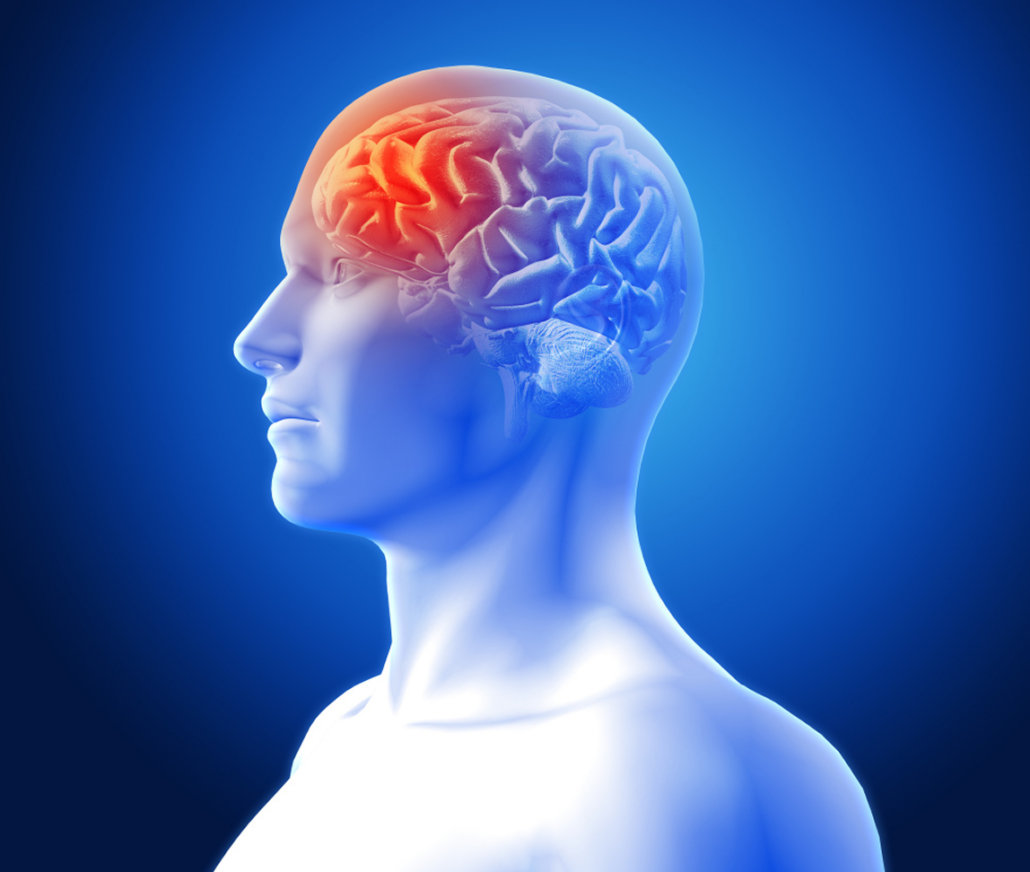Post-Concussions Syndrome & Traumatic Brain Injury
What Are Post-Concussions Syndrome & Traumatic Brain Injury?
Post-Concussions Syndrome & Traumatic Brain Injury is a group of symptoms that can happen after a head injury. These symptoms usually appear within a few days to weeks after the injury and can sometimes last for months or even years.

Common symptoms include:
- Headaches
- Dizziness or trouble with balance
- Mood changes, irritability, or depression
- Difficulty with memory or concentration
- Trouble sleeping or changes in sleep patterns
- Sensitivity to light or noise
- Ringing in the ears (tinnitus)
- Vision problems
- Neck stiffness or pain

Traumatic Brain Injury (TBI)
Traumatic Brain Injury (TBI) is a broader term for any injury to the brain that can lead to these kinds of symptoms.
Transcranial Magnetic Stimulation (TMS) can help treat many of these symptoms, including headaches, depression, and problems with thinking and memory. TMS may also help repair brain circuits that affect mood and emotional regulation, helping people feel more balanced and in control.

Call Us Today!
Start feeling better through TMS – transcranial magnetic stimulation.

